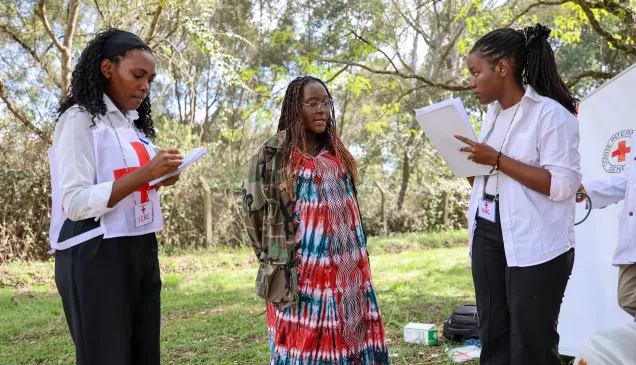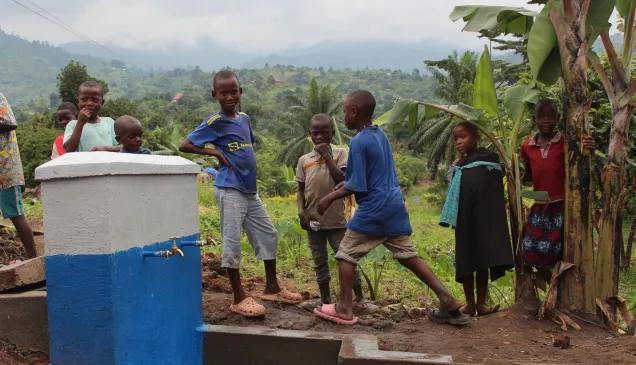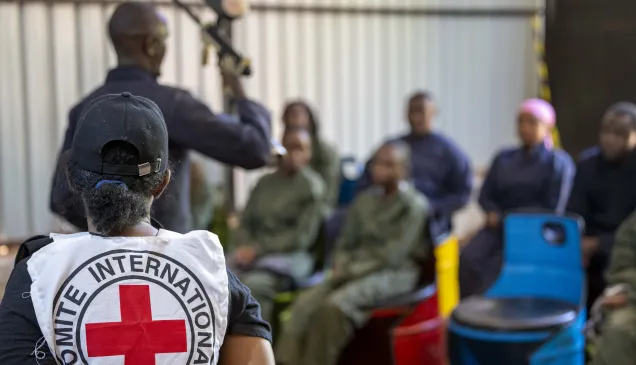Uganda: National Moot Competition on International Humanitarian Law
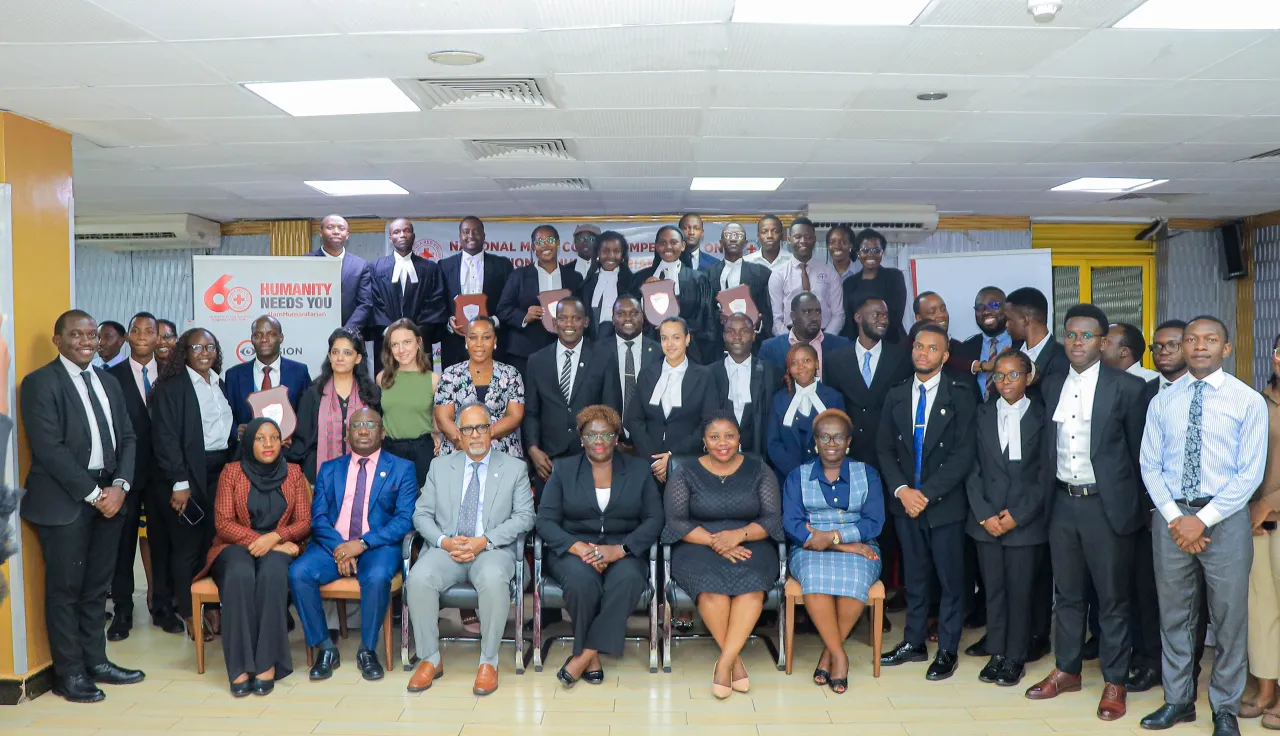
On September 16, 2025, the International Committee of the Red Cross (ICRC) organised its Annual National Moot Court Competition focused on International Humanitarian Law (IHL) for university law students.
The event included a role-play and oral proceedings that tackled critical protection issues relevant to the region, such as humanitarian access, negotiations for detainee access, and the protection of medical missions and healthcare personnel.
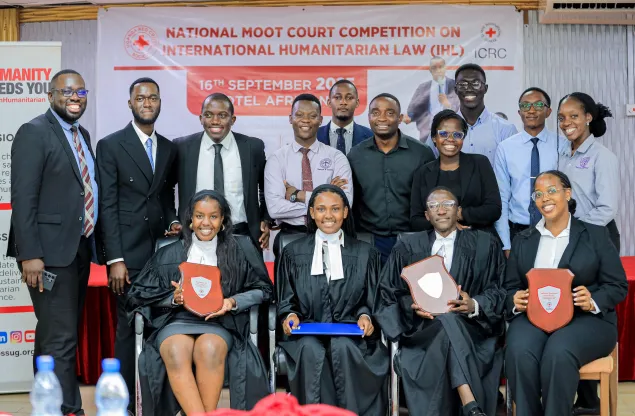
The winners of the National IHL moot competition from Uganda Christian University.
Eight universities participated in the memorial round, with the top four progressing to the oral rounds. The four universities that participated in the oral rounds were Uganda Christian University (UCU), Makerere University (MUK), Cavendish University, and the International University of East Africa (IUEA), which was a first-time participant in the competition. UCU was declared the winner.
This year, the ICRC collaborated closely with the National Society during the event, providing judges from the National Society and offering communication support to document the event's highlights. It is intended that, starting in 2026, the ICRC will partner with the National Society in the organisation and implementation of this competition, furthering the National Society's IHL Strategy.
Among the Judges for the role-play scenarios were protection colleagues, legal advisors from the ICRC, and interlocutors from the Uganda People's Defence Forces (UPDF) for the three rounds of the competition. For the final rounds, Justice Susan Okalany, a Judge from the International Crimes Division of Uganda, presided, supported by two ICRC colleagues: Sahar Haroon, Regional Legal Advisor and Mathilde Marie Piret, Operational Legal Advisor.
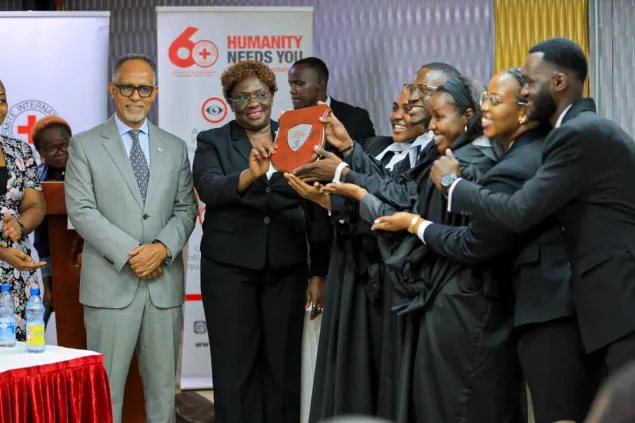
The winners receiving an award form the Head of the Regional Delegation and Justice Susan Okalany from the International Crimes Division.
In her address, Justice Susan Okalany urged universities to ensure that students are educated on International Criminal Law. She also stressed the importance of teaching law pertaining to sexual gender-based violence. She encouraged students not only to participate in the moot competition but also to pursue legal practice related to the moot subjects, as these issues are significant in Uganda. She noted that some of the students may become future prosecutors or judges who will begin to address issues related to the International Humanitarian War.
The Head of Regional Delegation to Uganda, Rwanda, and Burundi, Kedir Awol Omar, mentioned that the purpose of the moot competition is to encourage both students and the wider community to recognise the significance of international humanitarian law.
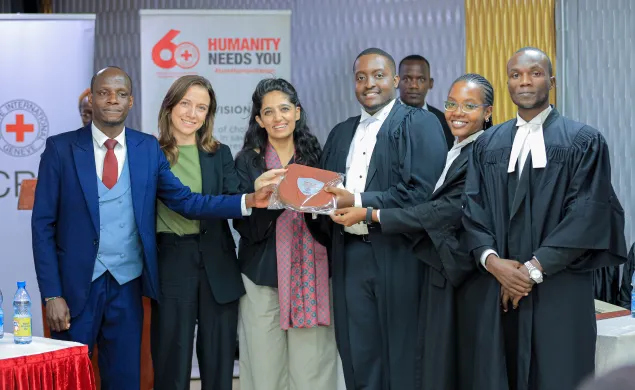
The runners' up team from Cavendish University receiving an award from the ICRC team.
This is the second time we are incorporating role-plays into the competition. Last year, the students faced two judges for a single round. This year, the event has expanded significantly, with participants interacting with two panels and presenting twice. The feedback from the students was overwhelmingly positive, and they appreciated the new format of the competition for being more challenging and practical. One of the coaches noted that the ICRC moot competition is among the most equitable moot competitions held in the country, where students and coaches alike have the opportunity to engage with IHL practitioners and learn from their expertise.
Finally, both the students and their coaches endorsed the concept of universities hosting the moot competition, which allows for local ownership, greater organisational capacity and diversified participation from a greater number of universities where IHL is integrated. To date, two of the top influential universities have shown interest in hosting the moot competition in 2026.
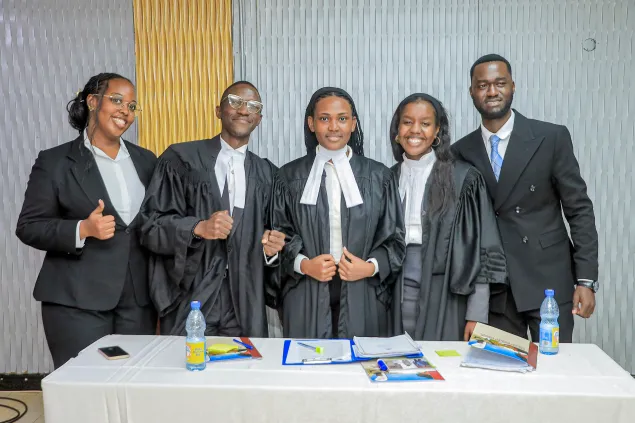
The winners of the National IHL moot competition from Uganda Christian University.

